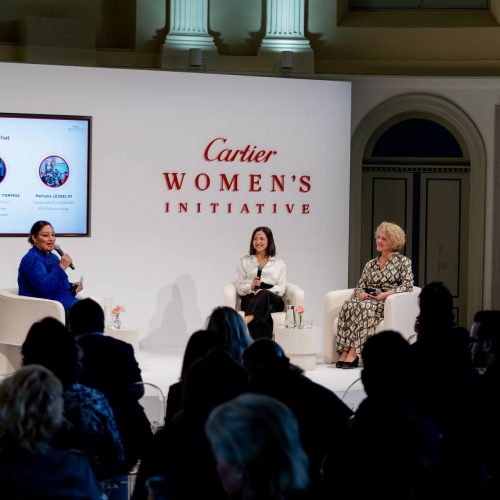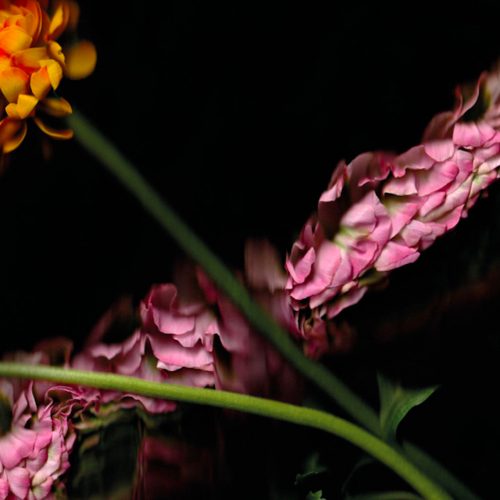Books About Pandemics, Wars, And Global Crises That You Should Read
Your quarantine reading list probably contains a range of novels. Getting around to the classics you never had time to read, and the books that will distract you for a while. But, in some kind of masochistic way, novels about pandemics are gaining popularity during Covid-19. Here are 10 that we recommend you read during quarantine.
The End of October by Lawrence Wright
Eerily close to reality, former Pulitzer prize winner, Lawrence Wright, is author of this compelling novel about Dr Henry Parsons as he tries to find the origins and the cure for a deadly pandemic. Social distancing is proven to be a helpful way of containing the disease, but once it ends, things start to get even worse. As well as the virus, the U.S battle cyberattacks, making things even harder for politicians and the public. If you’re looking for a pandemic novel that is a reflection of reality, then this is the one for you.
World War Z by Max Brooks
This 2006 post-apocalyptic novel was made into a film starring Brad Pitt. But, this novel is just as scary as the movie. The novel is a collection of individual accounts, together creating a detailed depiction of a post-apocalyptic world. Social, political, economic, and environment are discussed by some accounts, and other narrators speak of a far longer battle against the unknown plague. Even if you’ve seen the film, the novel should definitely be added to your list.
A Journal of the Plague year by Daniel Defoe
From the author of Robinson Crusoe, this novel was published in 1722 and is a collection of journal entries of a man’s experience of the bubonic plague in 1665. Despite being a fictional account, it is very accurate. It includes credible accounts and tables of casualty figures. When it was first published, it was initially presented as non-fiction. This novel gives an insight into how a pandemic like the bubonic plague was handled in a time before modern medicine.
War & Peace by Leo Tolstoy
Considered to be one of Tolstoy’s finest literary achievements, this 1,225-page novel follows 5 aristocratic families during the French invasion of Russia. This novel is not like a traditional novel, with Tolstoy naming Anna Karenina as his first true novel, with War & Peace as a philosophical discussion. He spoke to people who lived through this war, and spent time researching the Napoleonic war in order to create a realistic account – there are around 160 real life people mentioned in the book!
Birdsong by Sebastian Faulks
This war novel was written by Faulks because he wanted to bring more awareness of the experience of war remembered by veterans. It is a very realistic account of World War I, with depictions of death and trauma throughout. Contemporary historian Simon Wessley described the novel as ‘an exemplar of fiction which uses the experience of the WWI trenches to examine a more contemporary understanding of PTSD.’
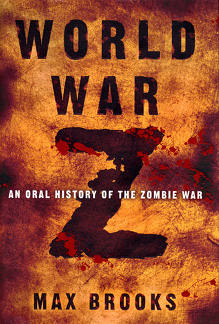
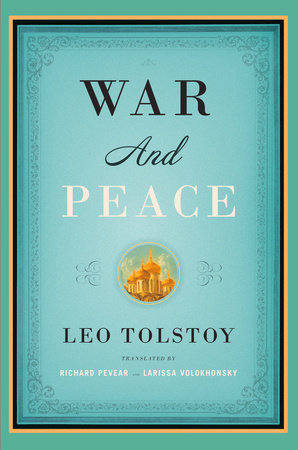
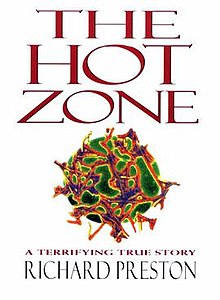
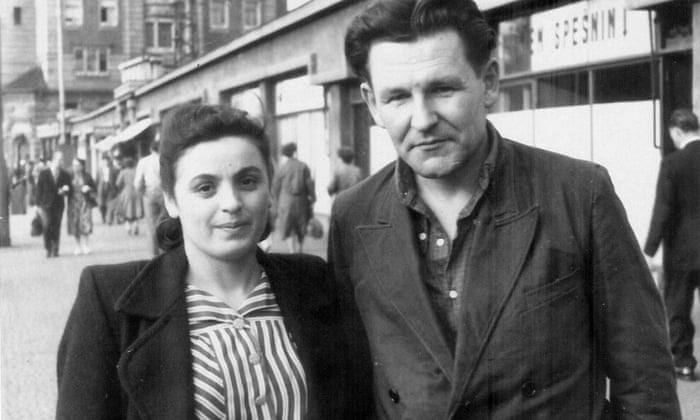
Cecilia (Cilka) with her husband Ivan.
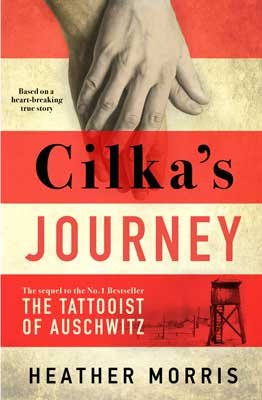
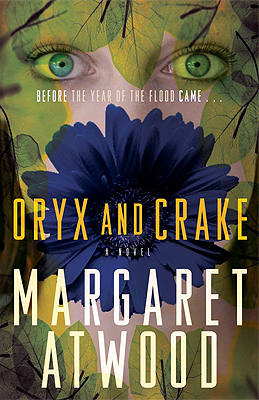
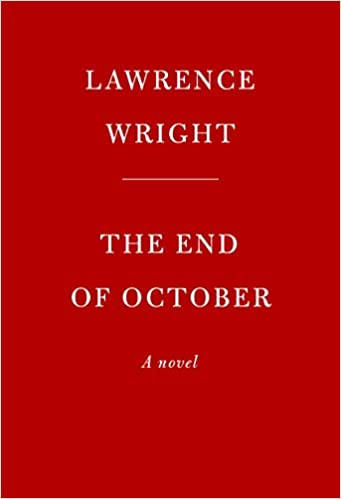
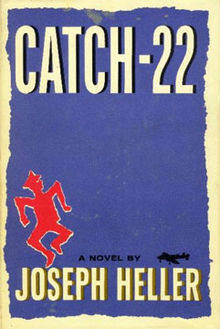
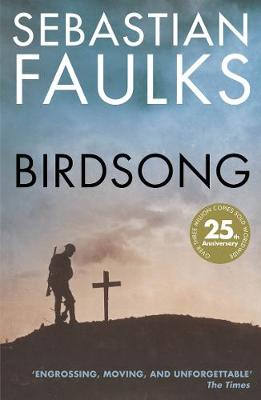
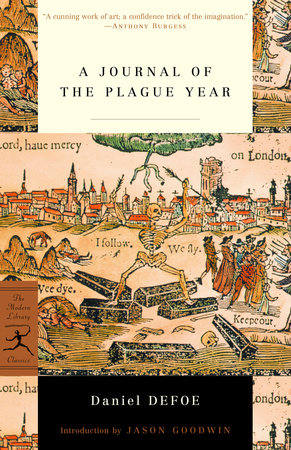
Catch-22 by Joseph Heller
Cited as one of the most significant novels of the 20th-century, this satirical war novel should be at the top of your quarantine reading list. It’s very unique because of its non-chronological, 3rd-person, omniscient narrator. Set in WWII, the story follows Captain John Yossarian but from multiple points of view. It is also based on Heller’s personal experience of WWII.
The Plague by Albert Camus
Camus’ novel was published in 1947 and tells the story of a plague sweeping a French town, Oran. There are a range of characters offering their viewpoint, and showing the effect of the plague on each individual. It is said to be based on the cholera epidemic that swept Oran in 1849, but the novel is set in the 1940’s instead. Split into 5 parts, the novel asks philosophical questions connected the destiny and human condition, making this a very interesting novel to read in the current climate.
Oryx & Crake by Margaret Atwood
Atwood describes this novels as speculative fiction and adventure romance rather than science fiction. It follows a lone character, Snowman, who finds himself with only ‘Crakers’ for company. We discover his background as a genetic experiment, engineered by his friend and scientist Glenn ‘Crake.’ The Daily Telegraph wrote that the novel’s ‘bioengineered apocalypse is impeccably researched and sickeningly possible.’ Maybe not one to read before you go to sleep?
Cilka’s Journey by Heather Morris
The sequel to The Tattooist of Auschwitz follows Cilka on her post-war journey. Tattooist’s Lale Sokolov said Cilka ‘was the bravest person I ever met.’ After liberation, Cilka is charged as a collaborator and sent to Siberian prison camp. The novel brings into question morality, as Cilka was just a child when she entered Auschwitz. The Express said that ‘her determination to survive against the odds will stay with you long after you’ve finished reading.’
The Hot Zone by Richard Preston
The final book in this list is Preston’s Hot Zone. The non-fiction thriller discusses ‘the origins and incidents’ of the filoviruses. The book’s 4 sections explains the history of these viruses, accounts the discovery of the Reston virus, and even the own author’s journey to Africa to explore the Kitum cave, the suspected origin of the Marburg virus. Listed as one of the 100 books that shaped a century of science, the book is a bestseller based on Preston’s New Yorker article ‘Crisis in the Hot Zone.’


